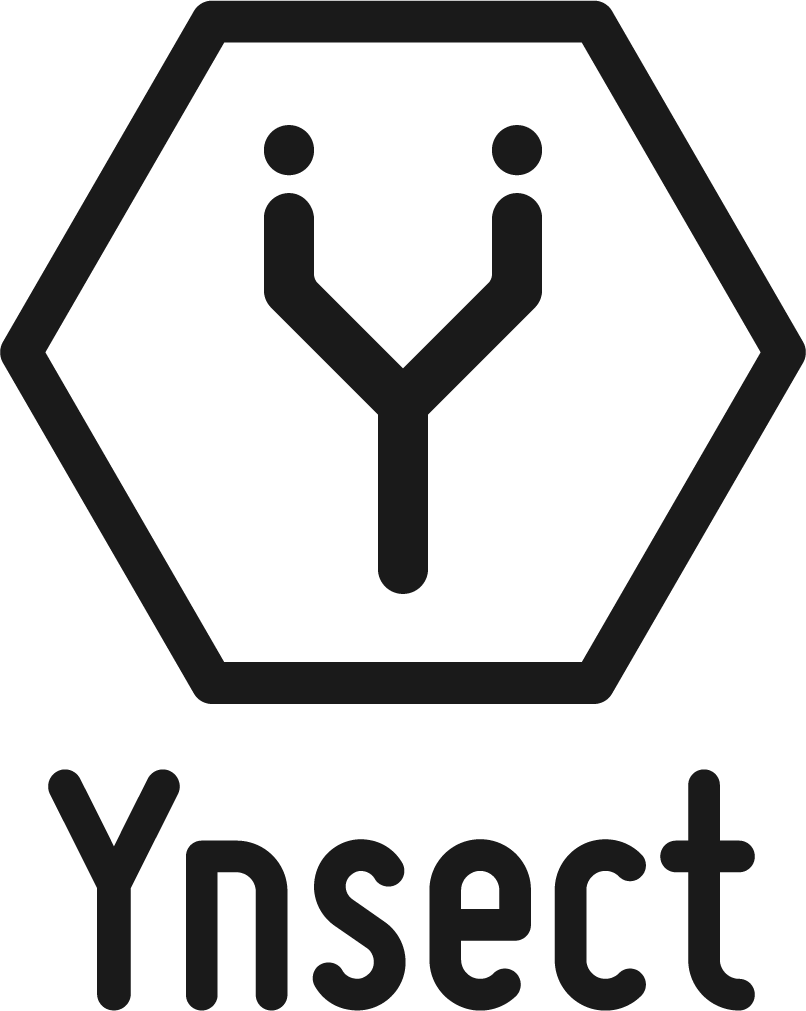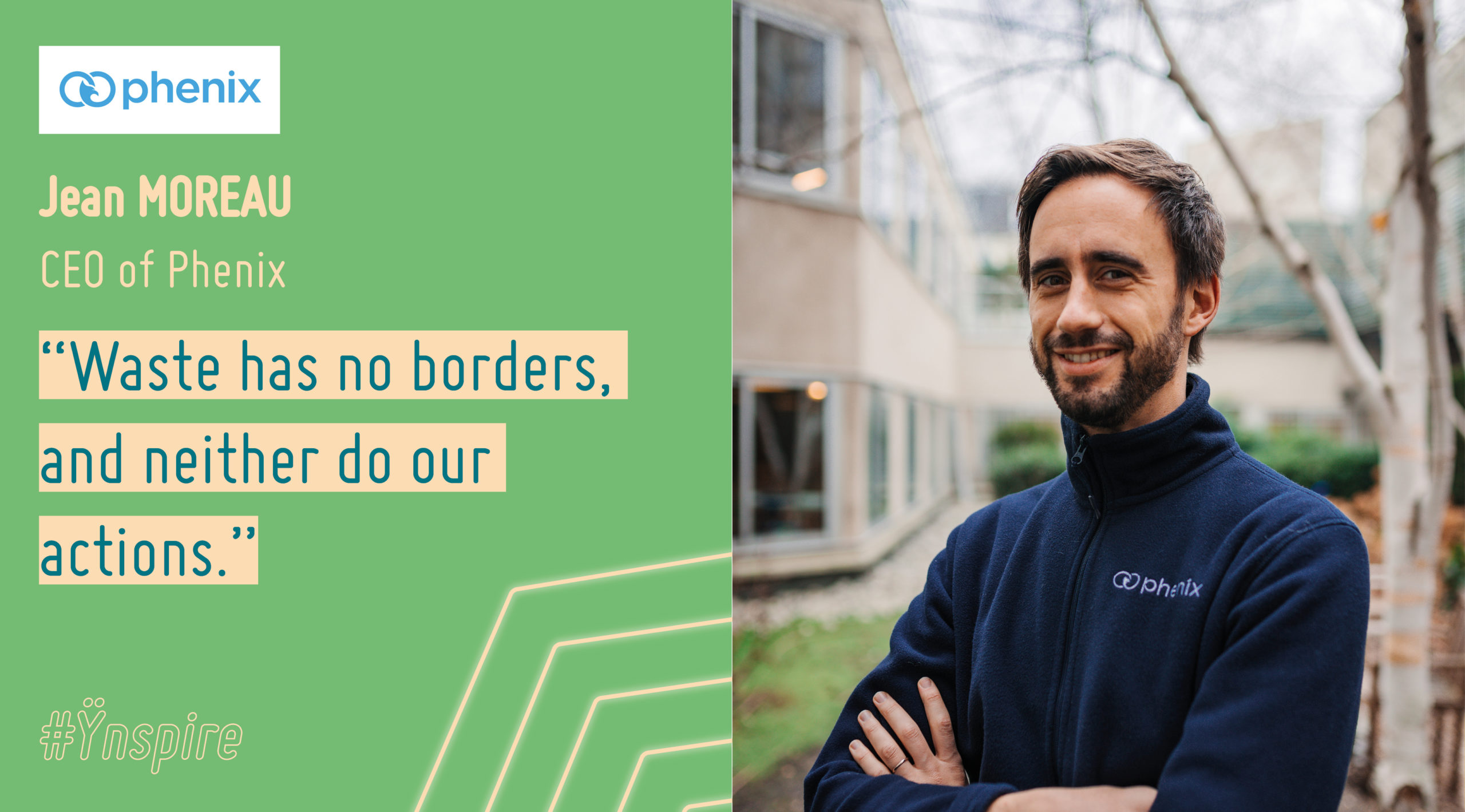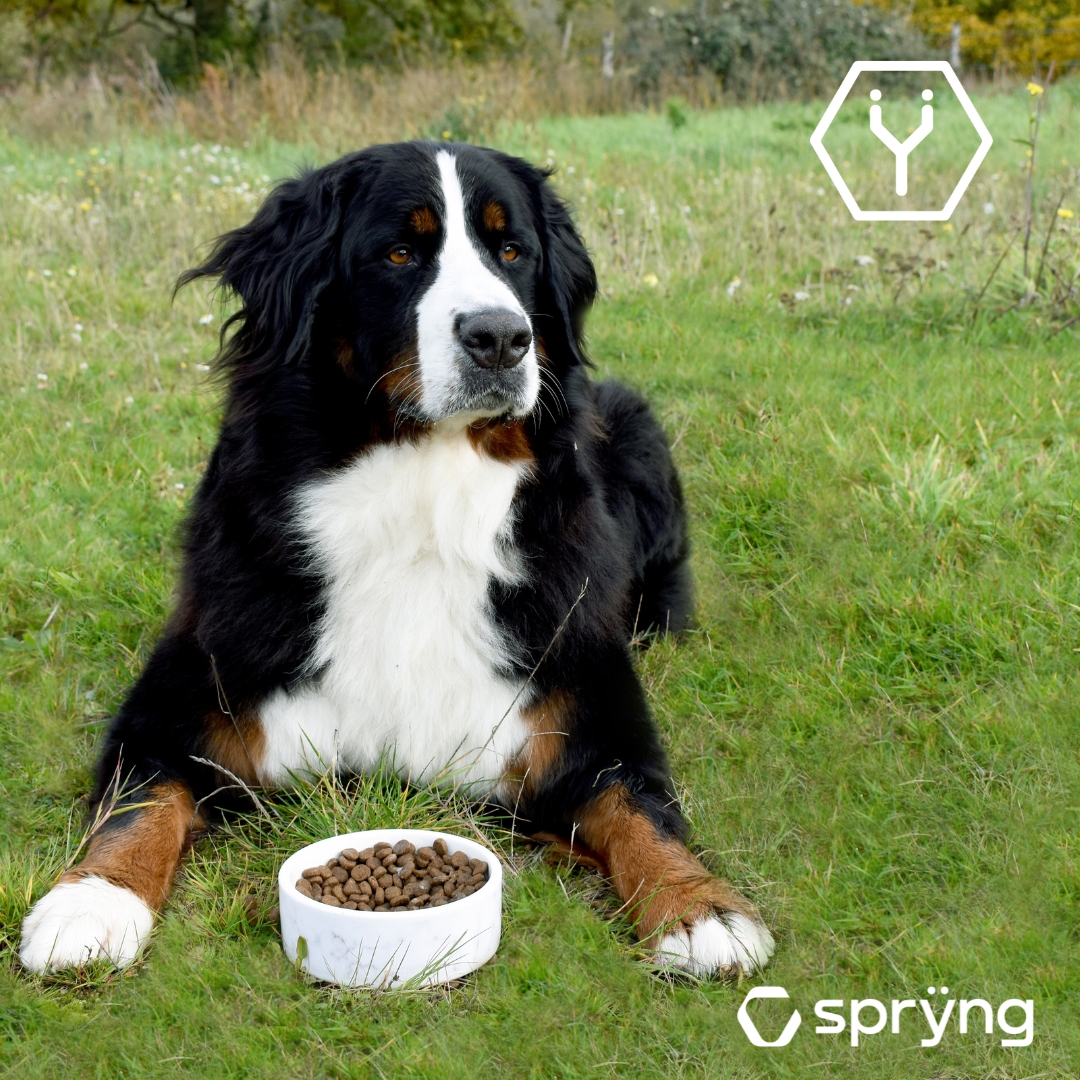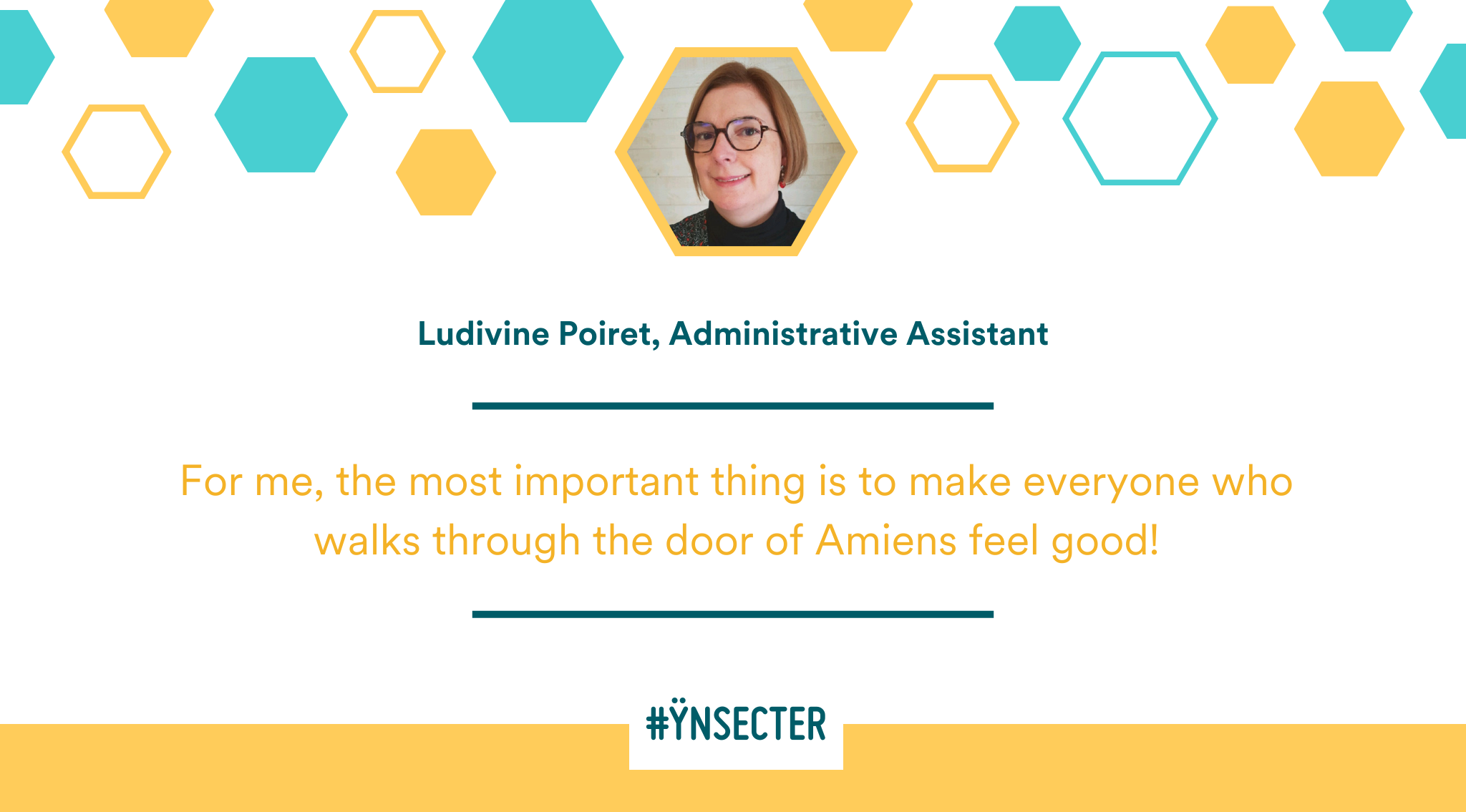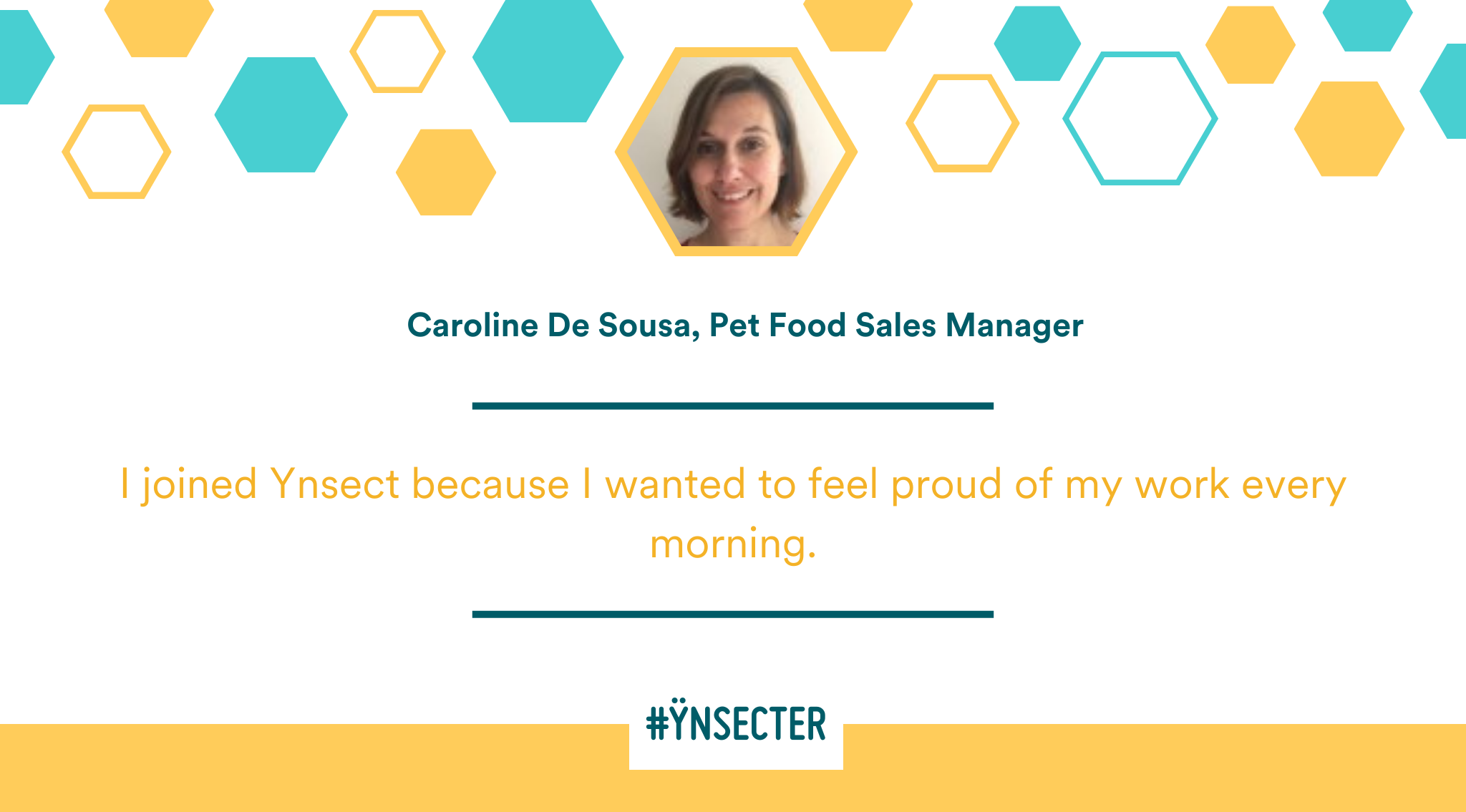How can we feed the planet while respecting nature’s resources and biodiversity ? This question guides the daily life of all Ÿnsecters, and puts impact at the heart of everything we do. As our initiatives broaden, we are giving the floor to others helping to change the world, offering alternatives, and contributing to a more sustainable society. Today, we meet Jean Moreau, CEO of Phenix, a company created in 2014, whose goal is – but isn’t limited to – fight against food wastage ! Their motto? When we throw something away, it’s only because we haven’t discovered its purpose yet !
What are the reasons that led you to create Phenix?
Above all, I wanted to dedicate my career to something meaningful. I had never dreamed of founding my own company; it was the quest for meaning that led me to entrepreneurship, and the satisfaction of doing something with a social, environmental and economic impact, and creating digital solutions that cut across those areas. We rarely think about it, but over a lifetime, we spend most of our time either working or sleeping. I wanted that time to be useful for our society, work in the favor of the common interest, and contribute to ‘making the world a better place’.
How does Phenix respond to the challenges of tomorrow ?
Phenix‘s mission is to connect those who have too much with those who don’t have enough, through a platform that links corporations and distributors on one side, and food aid players on the other. By doing this, we limit food and non-food waste. We also, we help French consumers regain purchasing power through the Phenix app. By using the app, they are able to consume responsibly while saving on their food budget, by buying back unsold goods at low prices. This therefore has a social as well as ecological impact, and we are very proud of that.
 Day to day, how do you grow and move forward?
Day to day, how do you grow and move forward?
I would say that you need to surround yourself with the right people. It’s essential to have the right team to make the right decisions and invoke important change. Thanks to various fund-raisings, we have been able to surround ourselves with talented experts who make a difference in their own areas. Investing in tech tools is essential for a start-up like ours, but remaining people-centered is always our primary concern. We are constantly improving our processes, innovating and learning from each other. Together, we are building a company culture focused on tech for good and excellence. On a personal level, what has brought me the most satisfaction, by far, is the mentoring and peer-to-peer exchange within entrepreneurial networks such as The Galion Project and Tech For Good France. This is where I grew the most, being in contact with seasoned entrepreneurs who had gone through the same stages a few years before me. I would recommend this exercise to everyone.
What place do you think mistakes have in entrepreneurship?
Mistakes are part of entrepreneurship because you learn as you go along. A start-up is by nature an innovation, so it’s an adventure in which you have a lot to learn. Mistakes are never serious; what is serious is stubbornness in the face of error. Of course, in entrepreneurship you have to be tenacious, but it should be measured tenacity. You have to know how to question yourself and accept that you made a mistake in order to bounce back. For me, a good entrepreneur is someone who is not easily discouraged and is able to be aware when his/her stubbornness is getting in the way of progress. This is the only way to give rise to vital growth.
COVID has hit vulnerable people hard, and we regularly see households or students asking for help to feed themselves. Has COVID had an impact on your work?
We have seen a sharp increase in the demand for food aid from charities. The Secours Populaire estimates a 40% increase in the number of food aid applicants. It’s unheard of! Of course, all of this has strengthened the meaning of our mission. We saw growth in 2020 and we are happy about that. But this growth has been limited because like many companies, the impacts of lockdown on our business have been negative. We had cash flow thanks to our successive fund-raises, which enabled us not to put jobs at risk. However, some hiring processes were postponed and sales cycles were prolonged due to our economic situation. Nevertheless, we ended the year on a good note and we are optimistic about the future. The social impact of our company is at the heart of our mission more than ever.
At Ynsect, we have defined 5 values: explorer, authenticity, adaptability, solidarity and balance. Among these, is there one that resonates more than the others for you, and why?
Solidarity without a doubt since our core business is food donations! We help the 8 million French people who suffer from food insecurity every day. It is also a major differentiating factor for us compared with other players who, only intervene on the app and purchasing power aspect. For us, the app is only the tip of the iceberg; our biggest impact is the donations made to vulnerable people. We are very proud of our dual solution!
 What is next for Phenix?
What is next for Phenix?
Phenix is in the midst of an international expansion. We are already present in Portugal, Spain, and more recently in Italy and Belgium. The next challenge is to move from a very French culture to a tech for good, international culture. Waste has no borders, and neither does Phenix: we are on our way to becoming one of Europe’s most influential impact start-ups!
